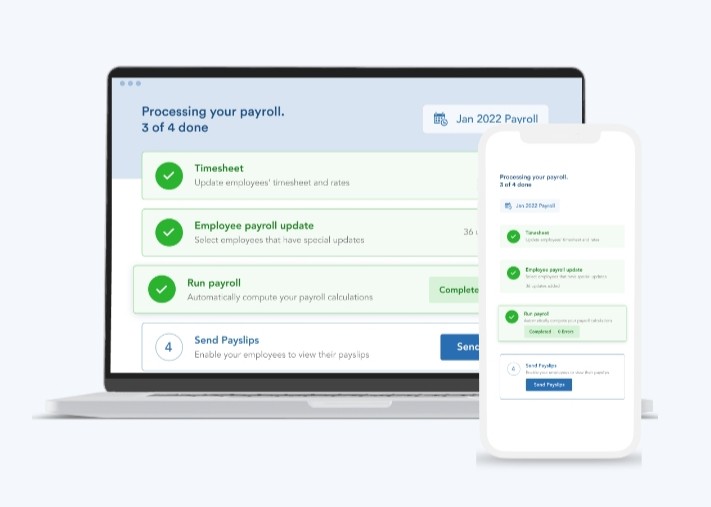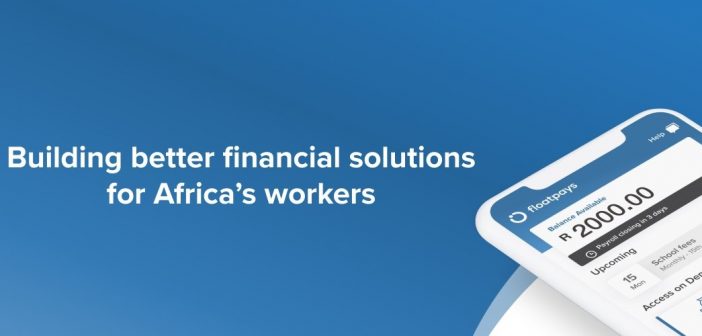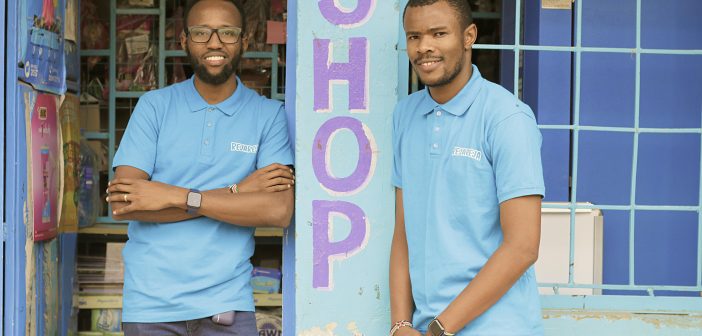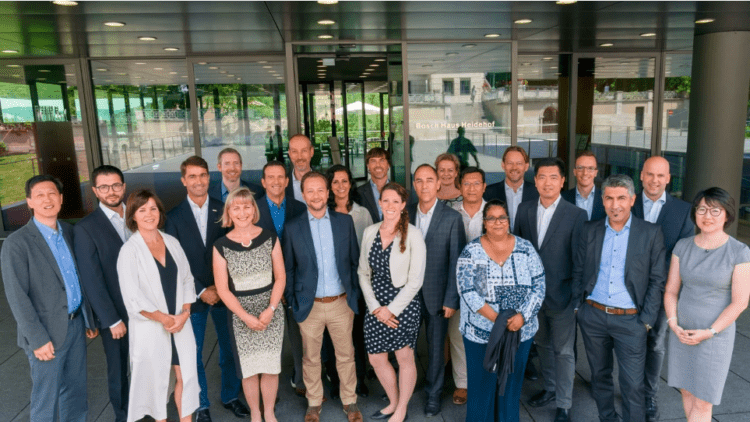SeamlessHR, a Nigerian company, has raised $10 million to develop its HR and payroll solutions across Africa

As connectivity and bandwidth opportunities expand, Africa’s appetite for cloud computing software continues to grow. According to studies, the cloud computing business on the African continent, when combined with the Middle East, is predicted to expand to $31.4 billion in 2026, up from $14.2 billion last year.
SeamlessHR, a Nigeria-based startup that uses cloud-based human resources (HR) and payroll software to assist African businesses “exploit the continent’s greatest asset: plentiful human capital,” has acquired $10 million in Series A funding for its next phase of growth and regional expansion.
The financing was led by TLcom Capital, a pan-African venture capital firm. Capria Ventures, a new investor, joined current backers Lateral Frontier Ventures, Enza Capital, and Ingressive Capital.
The company’s name-brand solution is a cloud-based, end-to-end HR software that assists firms in managing and streamlining their whole human resource procedures and workflow.
An HR management system, performance and competence management, HR analytics, leave management, payroll administration, and recruitment management are all part of the company’s product range.
SeamlessHR was not created from the ground up by CEO Emmanuel Okeleji and CTO Deji Lana. In 2018, they launched SeamlessHR, four years after they launched numerous iterations of Insidify, a job aggregator and company review site.
On a conversation with TechCrunch, CEO Okeleji said, “The natural client for our job sites was the HR.” “So we wondered, ‘How can we assist HR in becoming more productive and successful so that they can operate a better, more profitable firm while also hiring more people?'”
One of the reasons for the switch from Insidify to SeamlessHR, according to the founder, was that the former was not profitable and lacked the flexibility to scale across Africa.
Both goals were achieved with SeamlessHR, and a year after introducing the MVP, revenues were 10 times higher than Insidify’s.
To establish its name, the business initially signed a couple of smaller enterprises. However, as time went on, it began to focus on larger clients, and its first major business customer was a bank. The company claims that their enterprise-grade solution is suitable for a wide range of businesses. They range in size from small organizations with fewer than 100 people to huge corporations with more than 10,000 employees, as well as multinationals and banks like PwC, AXA, and Sterling Bank, as well as startups and investment firms like Flutterwave and TGI Group.
SeamlessHR is used by over 100,000 employees from these companies on a monthly basis. “We have Africa’s largest collection of medium-to-very-large firms,” Okeleji said.
After four years of managing wages for hundreds of firms, SeamlessHR has amassed a wealth of human resources and payroll data. Because sitting on top of such data allows SeamlessHR to build out more vertical products, the company will launch embedded finance products for employees.
The following is how it will work: For example, if a company uses SeamlessHR for its 5,000 employees, any of them can use the platform’s earned wage access to obtain their salaries up to the point they’ve worked. It’s a common compensation structure in places like the United States, but it’s uncommon in Nigeria.
“Innovation that permits people to get credit from their jobs does not happen in Africa.” And HR payroll software is well-positioned to lead that innovation because “we use finance, technology, and HR to help people convert their employment into collateral to access safe credit,” according to the CEO, who believes the company’s cash advances will appeal to employees more than “predatory” loans offered by some lenders.
Newer businesses, such as YC-backed Workpay and Bento, have entered Africa’s payroll and HR management sector. They assist firms with wage distribution, taxes, and pensions, carving out a niche in what looks to be a sector dominated by SeamlessHR.
In Africa, putting together an HR solution takes longer than in developed countries, where most small businesses can afford to pay for software. Large corporations, not SMEs, have the most opportunity in Africa. They are the majority of SeamlessHR’s customers because they have more purchasing power and a greater need for HR solutions.
SeamlessHR has also eaten into the market share of legacy and “on-premise” systems like SAP and Oracle, which are commonly used by large businesses in their local markets. Companies now realize they may focus on setting up and onboarding cloud-based software solutions capable of servicing their demands, although at a lower cost, rather than hiring staff who need qualifications to administer software. SeamlessHR’s replacement of these old systems in Nigeria is also aided by software localization.
“The strong execution shown by Emmanuel and his team is a vital ingredient required to build a successful business,” TLcom Capital partner Andreata Muforo said of the investment. “As they expand their products to include embedded finance and launch their solutions to new markets, we’re proud to partner alongside them and strengthen their push to unlock more value within Africa’s B2B space, we’re proud to partner alongside them and strengthen their push to unlock more value within Africa’s B2B space.”
The fresh capital will bolster the company’s position as “Africa’s top cloud HR and payroll platform,” according to the company. On the call, Okeleji, who formerly worked as an investment banker and as a doctor, stated that SeamlessHR would expand its operations south of the continent, with South Africa serving as the operating hub, employing more people.
The company already has operations in Nigeria and Kenya, and it plans to use the funds to expand even further in the East African country and its surrounding regions.
SeamlessHR intends to expand its embedded financial capabilities and introduce new features, particularly in the areas of artificial intelligence, data analytics, and machine learning.
SeamlessHR, according to Okeleji, will eventually expand beyond human resources and payroll into other areas that keep businesses running. He also alluded to the likelihood of SeamlessHR expanding outside Africa into other global markets, using India’s Freshworks as an example.
“Right now, we’re developing software to optimize HR, but in the future, we’ll expand to other areas.” And we’re in a good position to become a worldwide SaaS business because SaaS goods can span the globe faster than, say, fintech. We’re beating multinational competitors in our local market, and we know we can play this game globally.”







